Examining the causes and treatment measures of burning diarrhoea
Learn more about what causes burning diarrhoea and how to control it
Examining the causes and treatment measures of burning diarrhoea
Learn more about what causes burning diarrhoea and how to control it
Although this form of diarrhoea can cause great discomfort, it usually may not be a sign of a very serious health condition. You may even begin to notice the symptoms starting to subside within a few hours or days.
This type of diarrhoea occurs when the intestines can’t absorb enough fluid from waste produced by the body. This leads to stools containing an excess amount of fluid, causing the passing of loose, watery stools three or more times.
In very severe cases, you might feel a burning sensation in the rectum and anus which may even be painful in some cases.
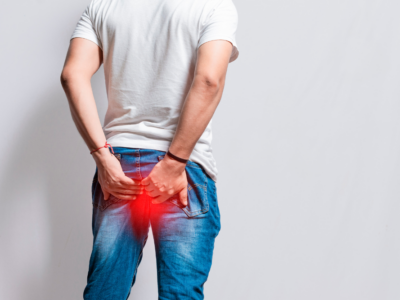
Although this form of diarrhoea can cause great discomfort, it usually may not be a sign of a very serious health condition. You may even begin to notice the symptoms starting to subside within a few hours or days.
This type of diarrhoea occurs when the intestines can’t absorb enough fluid from waste produced by the body. This leads to stools containing an excess amount of fluid, causing the passing of loose, watery stools three or more times.
In very severe cases, you might feel a burning sensation in the rectum and anus which may even be painful in some cases.
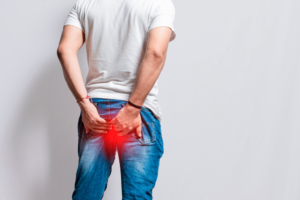
Analysing the causes
If you’re experiencing loose, fluid-filled bowel movements more than three times a day, here’s a breakdown of why you might be suffering from the discomfort of this condition:
Consuming spicy foods
Most spices contain a certain chemical compound called capsaicin that may cause a burning sensation when it comes into contact with tissues in the body.
The irritation of digestive tissues due to spice can trigger diarrhoea, causing digestion to speed up. This may cause the capsaicin to leave the body before it can be digested which leads to the burning sensation when passing stools.
Having an inefficient digestive system
A functional digestive system will secrete the required digestive enzymes and stomach acids to aid digestion. Usually, the acidity of the enzymes and acids is neutralised by the bile once the food passes through the small intestine.
However, since diarrhoea speeds up digestion, the acids, bile, and enzymes may not have a chance to fully break down and might be present in diarrhoea. This can damage tissues and cause burning diarrhoea.
Identifying other causes and conditions associated with burning diarrhoea
You might experience a burning sensation when passing loose, watery stools due to:
- Laxative abuse
- Stress
- Too much caffeine
- Excessive alcohol consumption
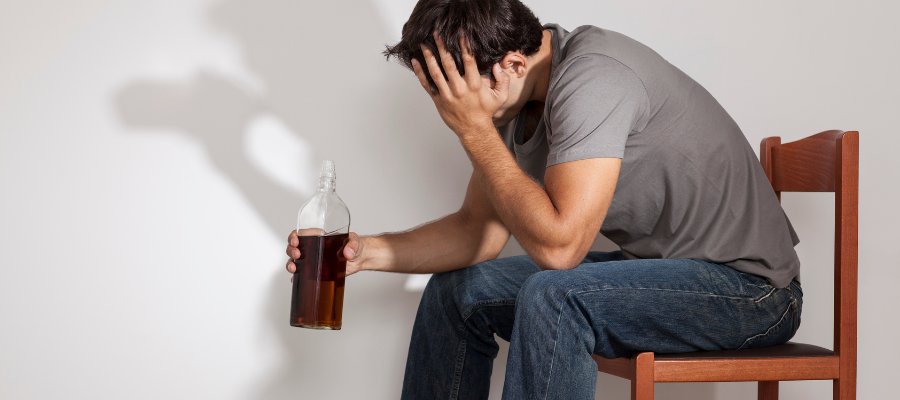

Health conditions that may increase the risk of experiencing diarrhoea can be associated with:
- IBS and other digestive issues such as Crohn’s disease or ulcerative colitis
- Haemorrhoids
- Diabetes
- Food poisoning
- Food allergies such as lactose intolerance
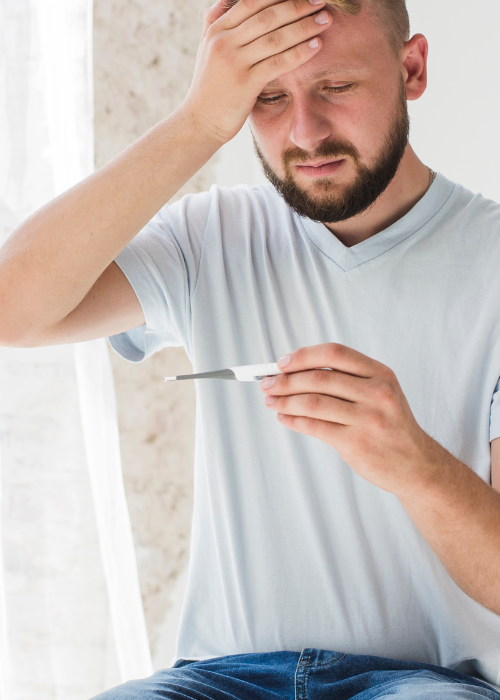
Treating and controlling the condition
With certain dietary changes, you might be able to reduce the severity of your symptoms. Since diarrhoea causes severe dehydration, make sure to increase your fluid intake to help the following treatment methods be more effective:
- Avoid spicy foods
- Sit in a warm Epsom salt bath
- Take probiotic supplements
- Keep away from foods that are high in fats and sugar
- Refrain from using tobacco products
- Wipe gently after bowel movements
- Use a water-repellent ointment for the affected area
To prevent your condition from escalating and causing more discomfort, you might be able to control its severity by consulting a gastrointestinal health expert as soon as you start noticing the following signs:
- Black or bloody stools
- Fever, chills, or night sweats
- Unintentional weight loss and loss of appetite
- Vomiting
- Extreme pain followed by diarrhoea
- Severe dehydration
Treating and controlling the condition
With certain dietary changes, you might be able to reduce the severity of your symptoms. Since diarrhoea causes severe dehydration, make sure to increase your fluid intake to help the following treatment methods be more effective:
- Avoid spicy foods
- Sit in a warm Epsom salt bath
- Take probiotic supplements
- Keep away from foods that are high in fats and sugar
- Refrain from using tobacco products
- Wipe gently after bowel movements
- Use a water-repellent ointment for the affected area
To prevent your condition from escalating and causing more discomfort, you might be able to control its severity by consulting a gastrointestinal health expert as soon as you start noticing the following signs:
- Black or bloody stools
- Fever, chills, or night sweats
- Unintentional weight loss and loss of appetite
- Vomiting
- Extreme pain followed by diarrhoea
- Severe dehydration
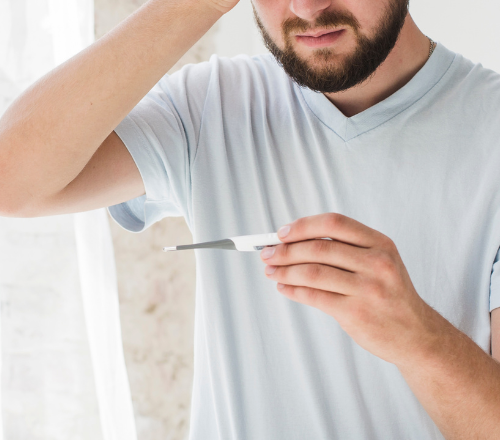
FAQ
How does a medical expert identify burning diarrhoea?
A review of the patient’s medical history, a physical examination, and perhaps stool tests to look for infections or inflammation-related symptoms are usually required for a diagnosis.
Can a case of burning diarrhoea be avoided?
Practising proper hygiene, avoiding tainted food and water, controlling stress, and recognising and avoiding trigger foods or chemicals that cause diarrhea in certain people are all examples of prevention techniques.
When should I seek immediate medical attention for burning diarrhoea?
If you develop severe dehydration, ongoing diarrhoea, blood in your stool, a high temperature, excruciating abdominal pain, or if your symptoms get worse despite receiving home treatment, you should see a doctor.
A gastroenterologist might be able to provide you with solutions to curb the effects of burning diarrhoea
The necessary treatment measures to give you the relief you need can be expertly prescribed to you by a professional gastroenterologist.
Schedule an appointment with a specialist today for a timely diagnosis and suitable treatment plan.



